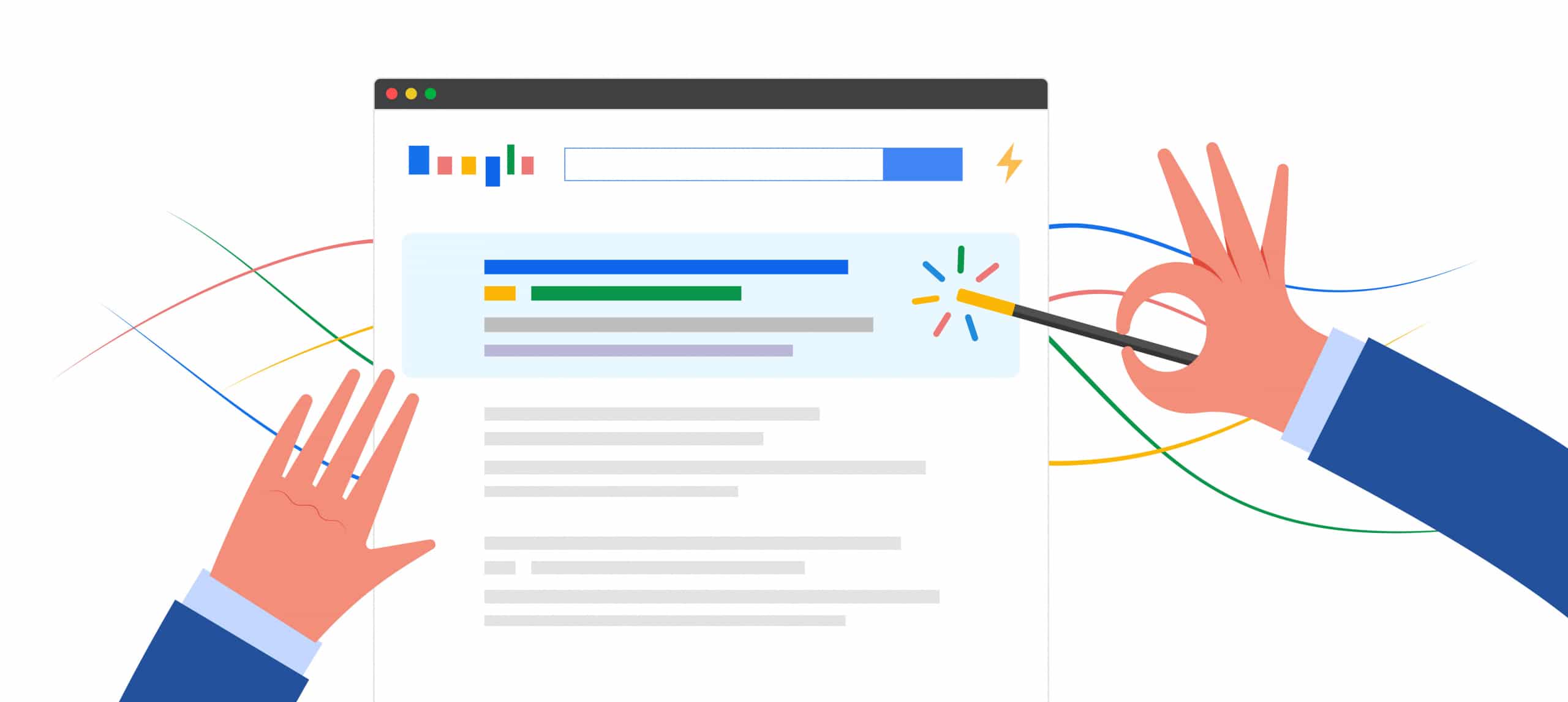What is WordPress SEO and Why Does it Matter?
WordPress is the simplest, most popular way to create a website. WordPress is an open-source content management system (CMS) helping its users create and share content without having knowledge of coding. It powers over 43.3% of all websites on the Internet.
WordPress makes it easy to structure, manage and publish your content in an SEO-friendly way. That’s why it’s considered the best CMS for search engine optimization.
WordPress SEO boosts your organic traffic, increasing the authority of your WordPress site on search engines and bringing you more visitors and customers. SEO for WordPress begins with the development of the site and then enables the search engines to index your site.
WordPress SEO Mistakes to Avoid:
Using Poorly-Coded Themes
Whether you use a custom-built theme, purchase one from a vendor, or download a free theme from WordPress, evaluating the components is key to ensuring you start off correctly. It is critical to validate HTML in order to avoid rendering issues that affect your users and search engines. Monitor HTTP requests, particularly when using a theme that incorporates a lot of scripts, images, fonts, and other file types, which hurt your load times.
Installing Excessive Plugins
Beware of plugins that are poorly coded because they slow down the load speed and introduce HTML errors to your website. These plugins load scripts, CSS files, images, and fonts, which further degrade speed, creating a frustrating user experience.
Not Optimizing Media
Images on the website should be optimized to improve loading speed for desktop and mobile devices. Some themes will automatically resize uploads based on a set of dimension pairs in order to eliminate this issue.
Omitting an XML Sitemap
Use an XML Sitemap to help search engines find and crawl all of your pages. While this is critical, it is not built into WordPress, so install a plugin. You can use the Yoast SEO plugin for this because it incorporates several other needed features. There are a number of plugins that will dynamically create your XML sitemap each time you add, modify, or delete pages, posts, and media.
Not Updating Themes, Plugin, and WordPress
There are a surprising number of WordPress websites with outdated themes, plugins, and WordPress core software. Updates patch performance, design, usability issues, and security holes that allow hackers to access your website.
No Schema
Schema communicates to search engines what your content is about and how the entities within your content relate to each other. There are several scheme plugins available that can configure schema markup for your pages.
No Google Analytics or Tracking Method
Google Analytics is a free web analytics service offered by Google that tracks and reports website traffic. It measures the performance of your website and pinpoints issues that are hurting your SEO. Alternatives to Google Analytics include Piwik, OWA, and others.
No Website Verifications
Verify the website with Google and Bing webmaster tools. Verification is the process of proving that you legitimately own the site you are claiming. Once you are verified as the owner of a site, you may access its private Google Search data, and make adjustments to how Google Search crawls the site.
Not Indexing or Following
Tell the robot.txt to index and follow your website so it will appear in the search engine results.
Failure to Redirect From Old Content to New
If you have an existing site and are building a new site, redirect the URLs from the old content to the new content.



